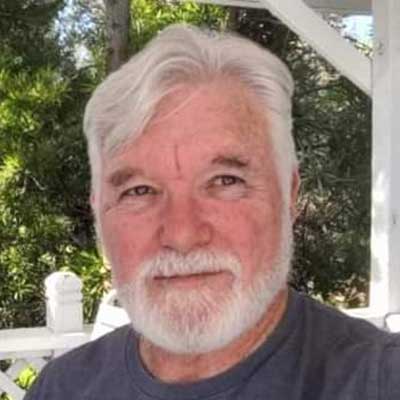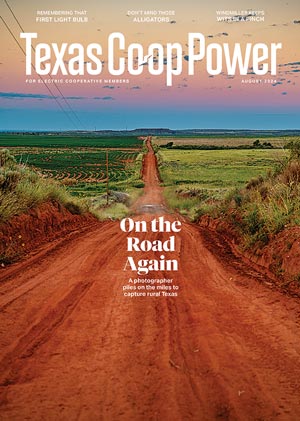Editor’s note: The accompanying audio is not available this month, but we hope to resume the audio versions soon.
When most people think of Lyndon B. Johnson, they don’t necessarily envision a man with a great sense of humor. After all, he was president during turbulent times.
“When the burdens of the presidency seem unusually heavy,” he once joked, “I always remind myself it could be worse. I could be a mayor.”
Though he didn’t have the public eloquence of Kennedy or King, he was charismatic. He was a wonderful storyteller.
Writer and historian Doris Kearns Goodwin worked closely with the president for seven years, and because of her professional relationship with him, I would argue that her biography—out of all the biographies about the 36th president—is the most humanizing.
No writer knew him better.
Goodwin told me she never tired of listening to him, though eventually she came to realize that his stories were not all completely true. Some were apocryphal, she said, and like Abraham Lincoln, LBJ used stories to animate his points, skewer his adversaries, and amuse and entertain.
He learned his storytelling, Goodwin said, from his father and grandfather, growing up in the Hill Country. Johnson would listen at night as they talked politics on the porch with local power brokers.
My own father, a great admirer of the president, shared a couple of LBJ stories with me long ago.
When Barry Goldwater and Nelson Rockefeller were campaigning to win their party’s nomination for president in 1964, LBJ heard that both men were “cutting way back on their visits to California.” Johnson said, “Reminds me of a case in Texas where a man wanted to run for sheriff against an unpopular incumbent named Uncle Johnny.
“Man asked his friend Dave if he thought he had a chance. Dave said, ‘Well, I guess it depends on who meets the most people.’ ‘Yeah, that’s what I was thinking,’ said the man. Dave explained further, ‘If he meets the most people, you’ll win, and if you meet the most people, he’ll win.’ ”
LBJ also told of a “boy in Texas who was very poor and tired of seeing his mama struggling so much to feed her family. So he sent a letter to God asking for $100 for his mama. The letter got forwarded eventually to the postmaster general in Washington, D.C.
“He took pity on the boy and put $20 in an envelope and mailed it to him. Two weeks later, the postmaster got a letter back from the boy that said, ‘Dear God, thank you for sending the money, but next time don’t send it through Washington cuz they took 80% of it.’ ”
Goodwin said she was happy to see that LBJ is getting long-deserved credit for the laws and policies he passed in his time, like the Voting Rights Act, as well as the institutions he helped found, like NASA and the Public Broadcasting Service.
If only he could have known how much progress his work would bring. He certainly would have smiled—and had a story ready.



